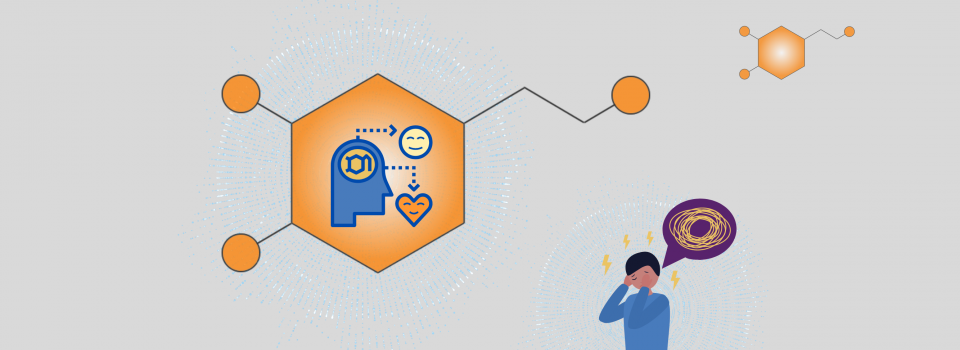Feb 23 2021
Published by
NYU Shanghai

Corticosteroids have been widely used to treat various inflammatory and immune system related diseases. However, long-term use of corticosteroids can have serious side effects and may cause cognitive impairments. The impact of chronic corticosteroid (CORT) on the ventral tegmental area (VTA), a significant area in the mesolimbic system that controls motivation and reward-seeking behaviors, remains largely unknown. In a study led by Institute faculty Shuai Liu, researchers experimented with peri-adolescent male mice and demonstrated that chronic CORT treatment increased anxiety-like behavior and suppressed food-seeking behavior. The D2R antagonist sulpiride, however, restored neuronal excitability and food-seeking and alleviated anxiety like behaviors, which provides a potential therapeutic target for chronic CORT induced cognitive dysfunctions. Their findings have been published in this field’s leading journal, Journal of Neuroscience.
Journal Reference:
Peng, B., Xu, Q., Liu, J., Guo, S., Borgland, S. L., & Liu, S. (2021). Corticosterone attenuates reward-seeking behavior and increases anxiety via D2 receptor signaling in ventral tegmental area dopamine neurons. Journal of Neuroscience, 41 (7), 1566-1581.
>> To read the article in Chinese, click here.
Source: School of Psychology and Cognitive Science, East China Normal University


